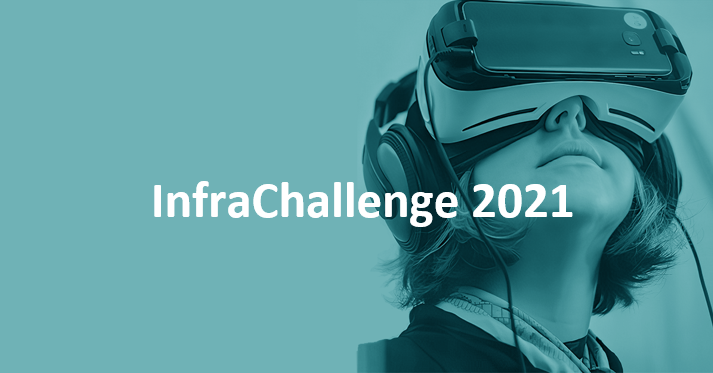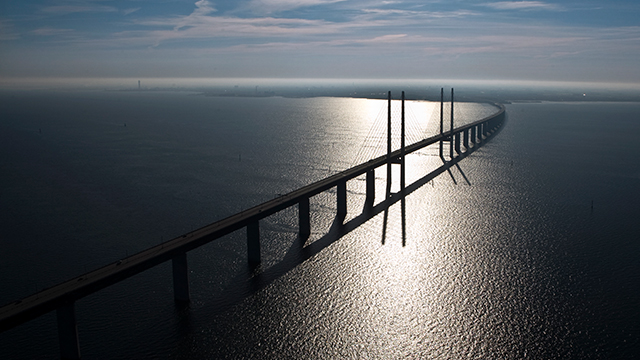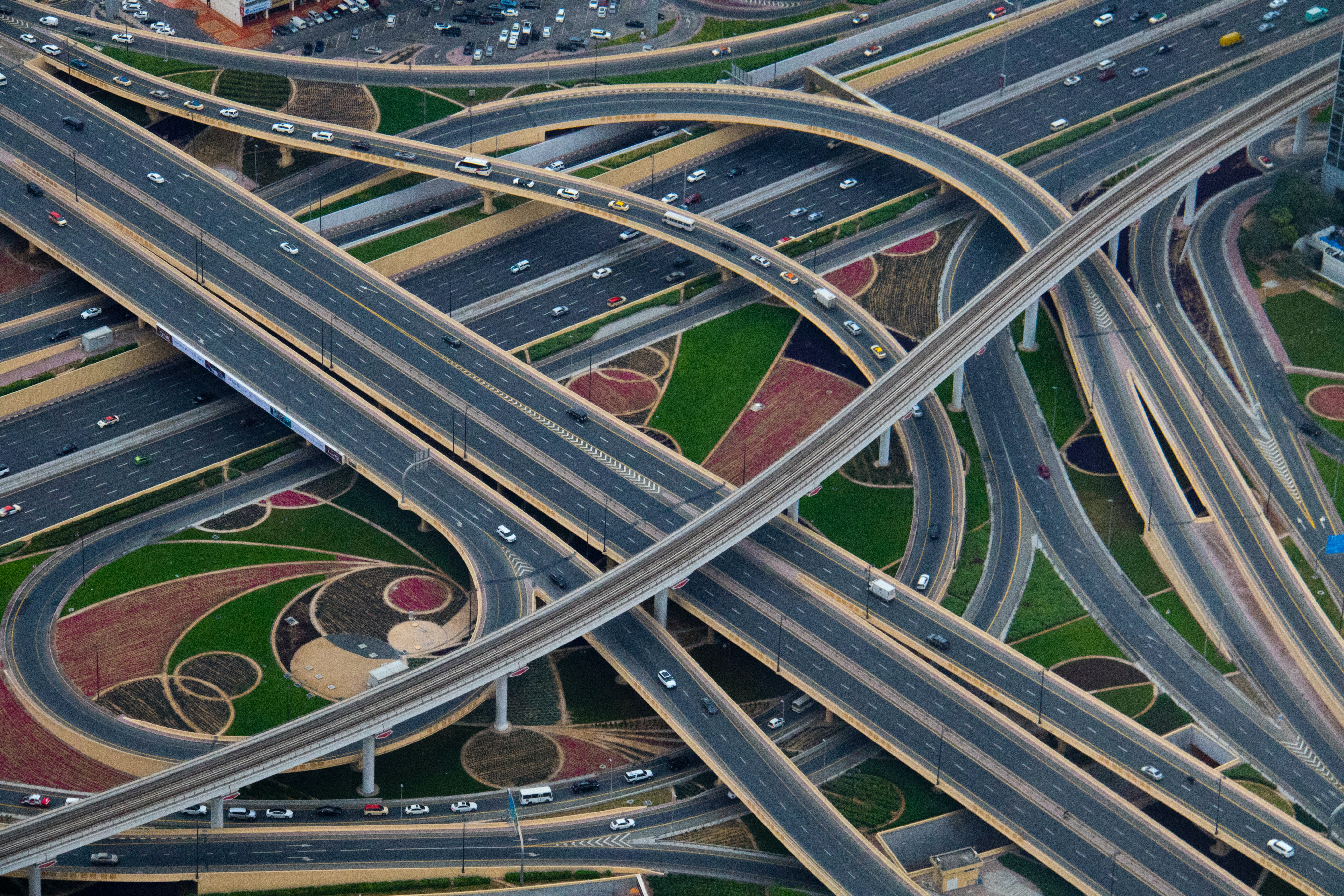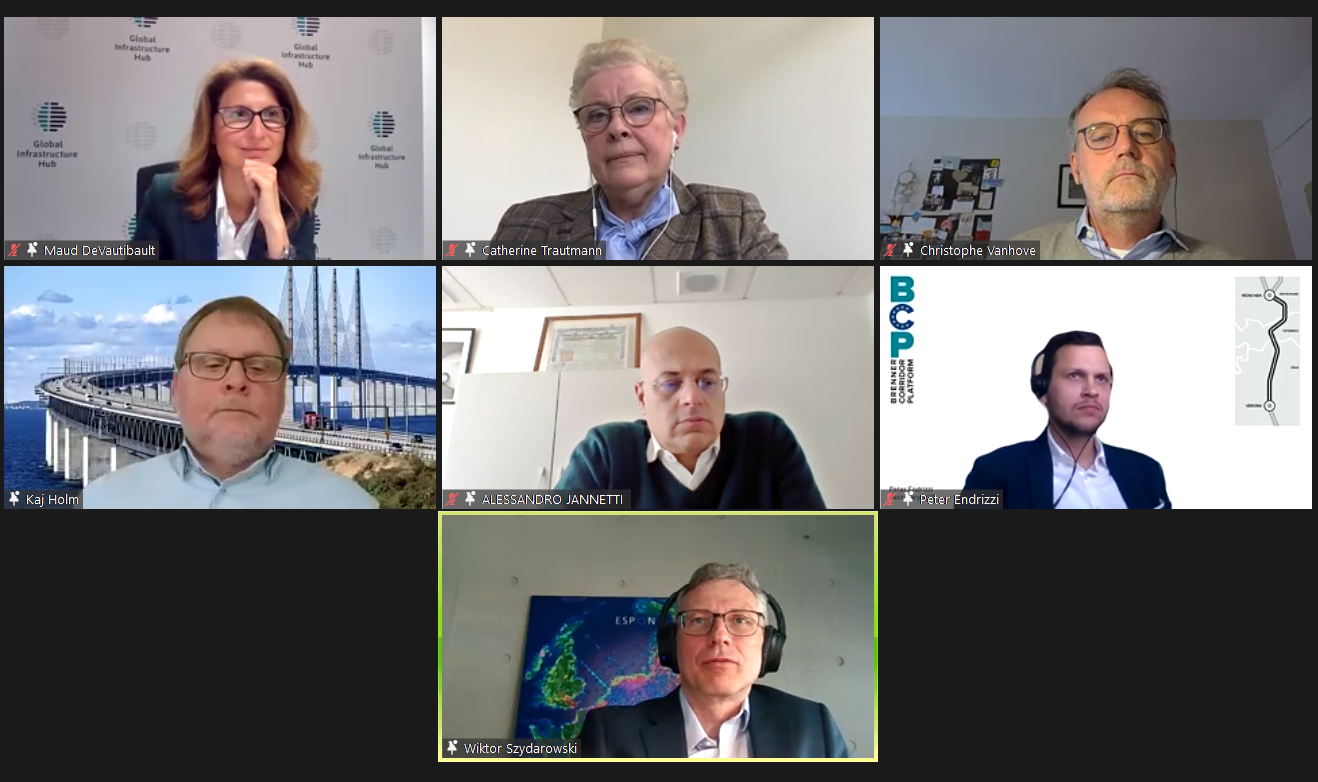961 results found
Featured results



More results
The Program "More Light for the Amazon" aims to promote social and economic development of communities located in remote regions of the Legal Amazon, encouraging activities that increase family income and the sustainable use of the natural resources of the Amazon Forest, the integration of actions from the various spheres of the government, and the consequent promotion of citizenship and the dignity of that population.
The Geostationary Satellite for Defense and Strategic Communications is a valuable asset of Brazilian’s government that promotes digital inclusion by covering all Brazilian’s territory and allowing connectivity for the most further regions of the country
The Public Fishing Terminal (TPP) of Manaus was built in 2010 by the National Department of Transport Infrastructure - DNIT, in partnership with the Municipality of Manaus.
In Brazil, this Pipeline Project has the potential to diversify the fuel transportation infrastructure and consequently foster competitiveness and promote market development, resulting in benefits for society as a whole.
The project consists of a road concession procurement for exploiting infrastructure and public services provision for recovery, operation, maintenance, monitoring, conservation, implementation of improvements and maintenance of the service level of the BR-262/ES Highway, in the road section between BR-101 (B) - Viana/ES - up to the frontier between ES/MG; BR-262/MG, in the road section between ES/MG frontier with BR-381/MG - João Monlevade/MG; and BR-381/MG, in the road section between Belo Horizonte/MG to Governador Valadares/MG
Brazilian Decree nº 7.520/2011 and then Decree nº 9.357/ 2018 establishes the National Program for the universalization of Access and Use of Electric Energy - “LUZ PARA TODOS/LIGHT FOR ALL” until the year 2022, intended to provide the service with electricity to the portion of the rural population that does not have access to this public service.
How can hospital PPPs learn from the past to adapt for a post-COVID world?
InfraChallenge is looking for practical and scalable tech-based ideas for building and maintaining better, more resilient infrastructure.
The future of infrastructure mega-projects was explored recently by an international panel of experts in a webinar co-hosted by the Columbia University School of Professional Studies and Global Infrastructure Hub. The event took place as the global community begins looking towards a period of post-pandemic recovery and what the future of infrastructure may look like.
Cross-border infrastructure is essential for connectivity. The GI Hub has created a reference guide that presents key learnings and global practices for successful cross-border projects, drawing from a comprehensive literature review, analysis of case studies and the input of international experts in cross-border projects.
A recent webinar co-hosted by Jacobs and the Global Infrastructure Hub focused on turning inclusivity frameworks into practical results in infrastructure planning and delivery.
A recent webinar co-hosted by Jacobs and the Global Infrastructure Hub focused on turning inclusivity frameworks into practical results in infrastructure planning and delivery.
As stimulus spending ramps up, a ten-year trend study shows private investment in new infrastructure has declined since 2010.
Policy and regulatory implications of recent advances in the benchmarking of infrastructure investments.
Discover how you can get involved with InfraChallenge 2021, applications close 12 March.
The Global Infrastructure Hub (GI Hub) strives to be an organisation where the different backgrounds and perspectives of our people contribute to diversity of thought and approach, enabling us to better live our values and achieve our mission. This diversity includes gender diversity with an awareness of our particular ability to bring attention to the need for gender equality and inclusion in infrastructure.
Global Infrastructure Hub recently hosted a presentation and panel discussion of Connectivity across Borders, our latest reference guide, which presents global practices for the successful delivery of infrastructure that crosses national borders.
David Baxter discusses how climate change and COVID-19 reveals an urgent need for resilient infrastructure.
Meet three women leaders who are transforming infrastructure development in Latin America.
Last week Maud de Vautibault, Director of Practical Tools and Knowledge at the Global Infrastructure Hub participated in a roundtable discussion with the World Association of PPP Units and Professionals (WAPPP)



 Infrastructure Monitor
Infrastructure Monitor













